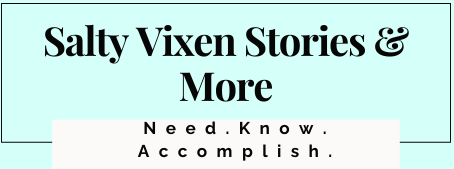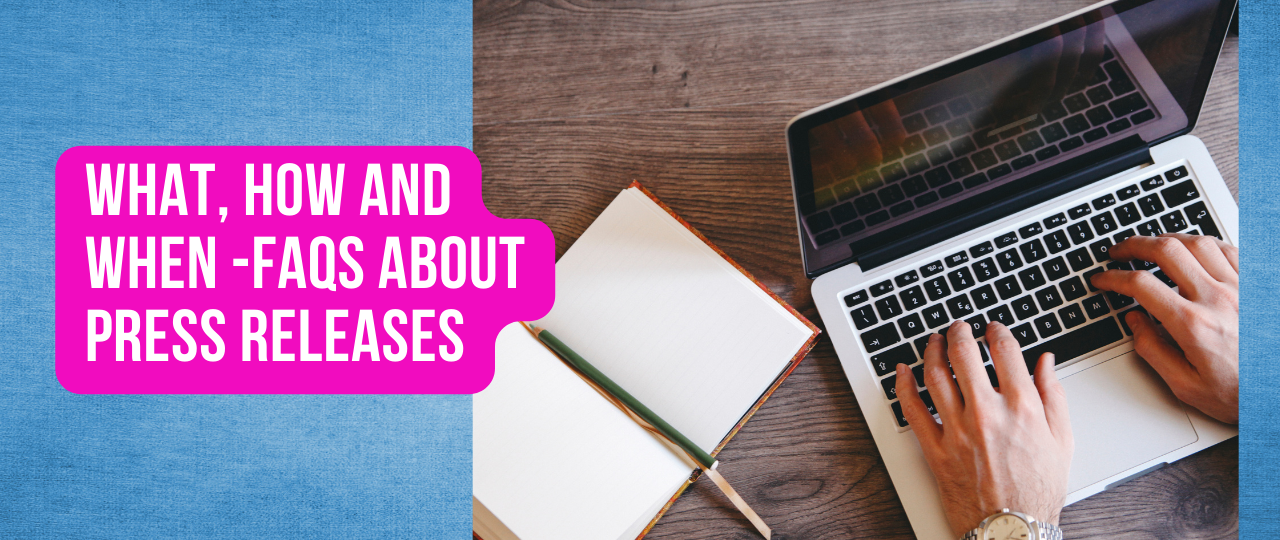What is a press release?
A press release is a written communication used to disseminate important, interesting, or exciting information you want to share with the general public or your industry about your business. A press release should not be used to pass along trivial information about your business, to cause harm to another business, but in some cases, press releases are used to answer the accusations of someone else or to share a company's point of view in response to bad press received from another source.
Do I Have To Send Out Press Releases?
No, but you are losing out on the powerful impact well-done press releases can impart to your business. Releases that are picked up by major news services could flood your website with new potential customers, and will build backlinks to your website.
Press releases lend credibility to your business and help you stand out from the crowd. A good release may result in new business contacts, help you attract investors, and news reporters may even invite you to personally send future releases.
How Do I Get A Press Release Out?
Paying a reputable agency to get your press release out is not cheap and a single release may cost your hundreds to thousands of dollars.
There are many places on the Internet to publish your own releases. Chose carefully -- if you see a lot of spam and poorly written releases on any news site, it is wise to avoid associating yourself with "vanity publishers."
Two good places to start are:
Tip: You only send out one press release for each event, new product, etc. Sending out multiple press releases for the same thing is considered spam and may result in your releases not being picked up.
What Does "Embargoed" Mean?
Many companies, PR firms, and even the U.S. Government put out press releases that are "embargoed." This simply means, while you may have been given the information, you may not disseminate (or publish it) until a certain date or time.
Is There A Format For Writing Press Releases?
Press releases follow a fairly uniform format because they are intended to be picked up and passed along by other news reporting services. For example, press releases are always written in the third person. Even if you are writing about yourself, you would not use the word "I recently discovered," instead you would write "Sally Smith recently discovered..."
What Information Should Be Included In a Press Release?
You may write about information that involve your business happenings including new products, services, community projects, scientific discoveries, important upcoming events, etc.
Also often included in press releases is information about significant changes in the business structure, key employees (for example, the hiring or replacement of a president or board chairmen.)
What Information Should Not Be Included In A Press Release?
Perhaps even more important to consider is what should not be included in a press release:
- Offensive Information: Do not include anything that could be considered racist, sexist, discriminatory in nature, or slanderous, and never pass along gossip.
- Politics: Unless you are a political candidate or a political organization keep politics light or better still, keep political values and points of view completely out of your release unless it directly ties into your own business situation.
- Office Tidbits: Information about lower ranking employees (i.e., promoting your receptionist to an administrative assistance is not considered important enough for an external press release.)
- Information That Violates Anothers' Right to Privacy: Confidential information, or information that would violate court orders, the law, or someones' right to privacy should never be offered in a press release -- internal or external.
- Insignificant Changes About Your Business: For example, while expanding from makeup to clothing would be important, adding a new color of lipstick to your makeup line might not necessarily be news worthy.
Tip: Include Information About Who You Are
Aside from the news information you want to share with others, be sure to include:
- Legal name of your company
- Your website address
- Contact information
- Brief blurb about your company and what you do, or are most proud of.




















